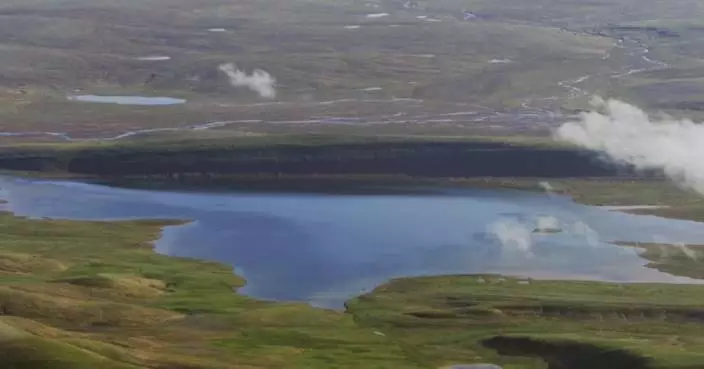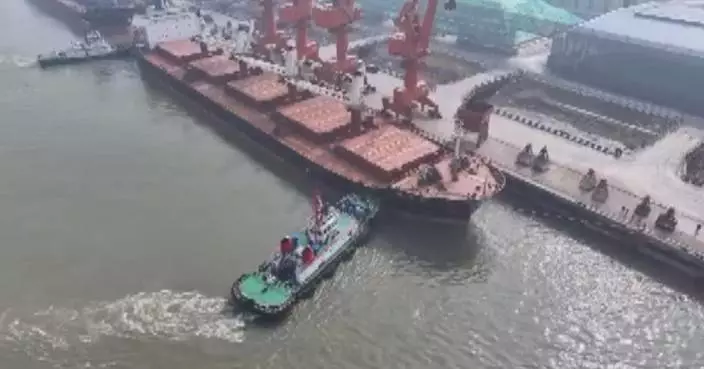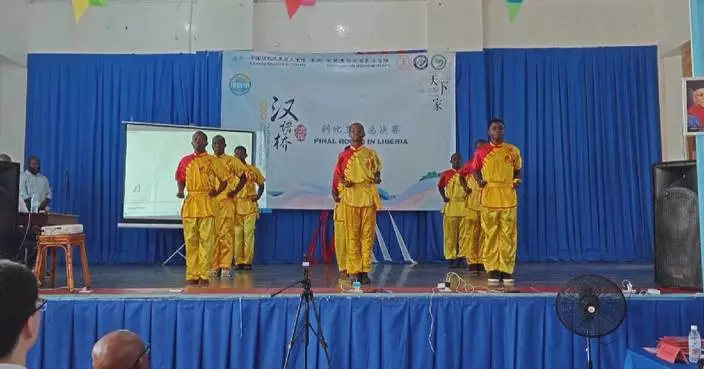British oil and gas giant Shell has announced it plans to divest from downstream operations in South Africa following a review of its global operations.
The company, which has been present in South Africa for more than a century, is set to offload more than 600 service stations in the country as it focuses on upstream operations such as exploration and drilling.
The announcement by Shell that it planned to divest its majority shareholding in a local South African downstream unit has been met with shock in Africa's most industrialized economy.
The move by the London-headquartered oil company will mark the end of an era as Shell has been a fixture of South Africa's energy landscape for 120 years.
Shell's approximately 700 distinctive red and yellow garages dot the country's urban and rural road networks and its products are a staple among motorists and businesses. The company employs thousands at its 600 forecourts or petrol stations.
Labor unions in the country have described Shell's move as a major shock as South Africa is a lucrative market for petrol sellers.
"This of course concerns us because it would have direct impact on the jobs that are created in that particular industry and in the downstream of the industry but also because the South African market, or rather the South African vehicles market, is still using liquefied fossil fuels and as a result we need those stations to be able to cater for the motorists in urban and rural South Africa," said Trevor Shaku, spokesperson for the South African Federation of Trade Unions.
Shell has in the past few years been in the midst of an acrimonious business fallout with its long-time black empowerment partner Thebe Investment Corporation. There is speculation that the disagreements could have contributed to Shell's decision to leave South Africa.
"If Shell wants to depart the South African market on the basis that it is reacting to the Thebe Investment's desire to opt out of the contract they had with them, it's problematic and displays this bullish behavior. So we would of course condemn them for this particular reason, especially because they are the ones who are preaching to the world that they believe in market capitalism, the principles of free market competition," said Shaku.
The Black Business Council said, even if the fallout is not the main reason for Shell's departure, it is important for investors to understand the environment they operate in.
"If you come to South Africa, you must understand that there are rules, there are legislations that you must abide by, and there shouldn't be any exclusion. If you go to China, you abide by the rules of China. If you go to DRC, if you go to the U.S., the same happens. So any company that comes to South Africa, they must come knowing that we have a certain history in South Africa where black people were excluded from participating in the economy," said Kganki Matabane, CEO of the Black Business Council.
Earlier this year, Shell said in its energy transition strategy report that it would divest from 1,000 fuel stations this year and next as it works on incorporating low carbon energy solutions.

Shell plans to divest from downstream operations in South Africa









